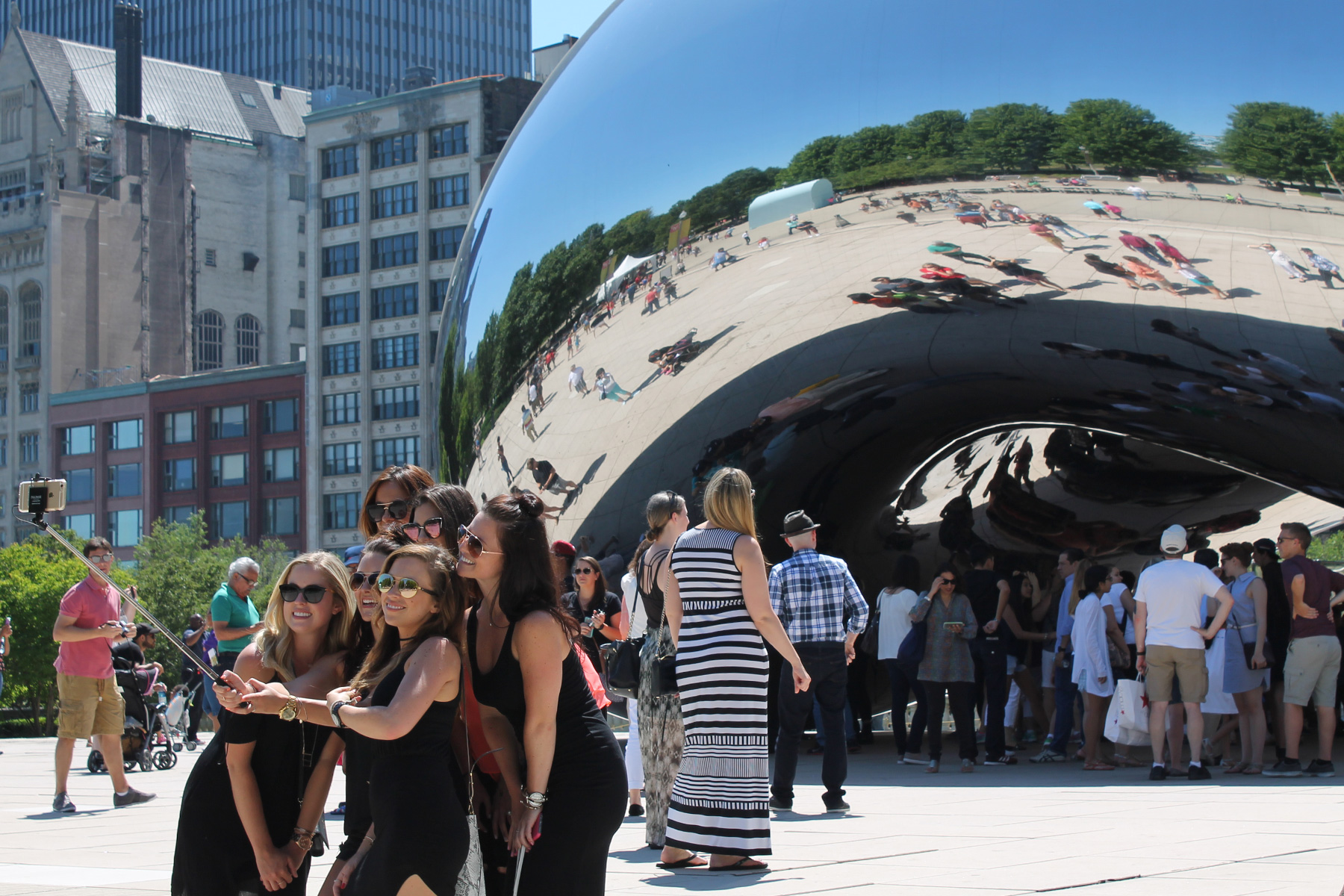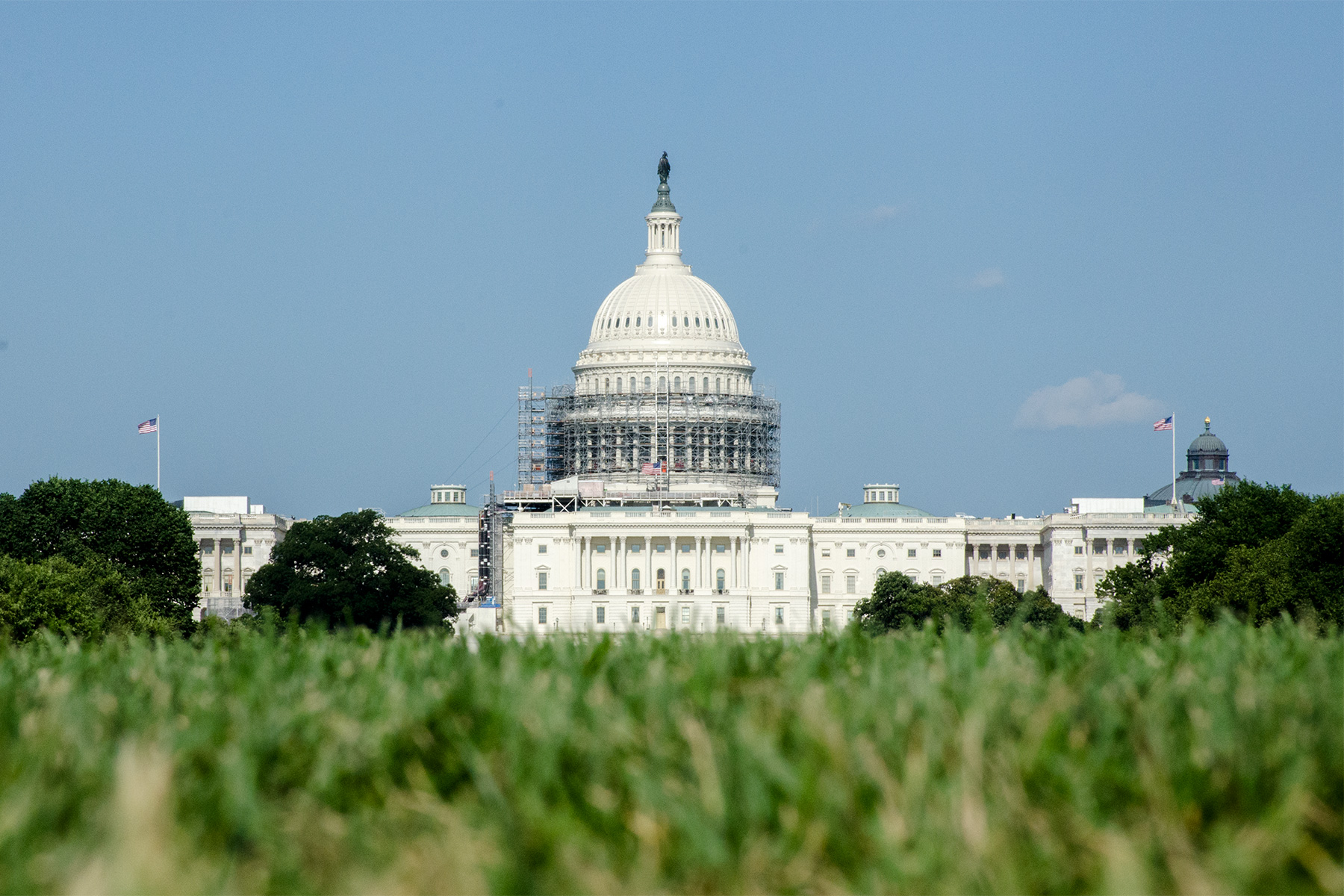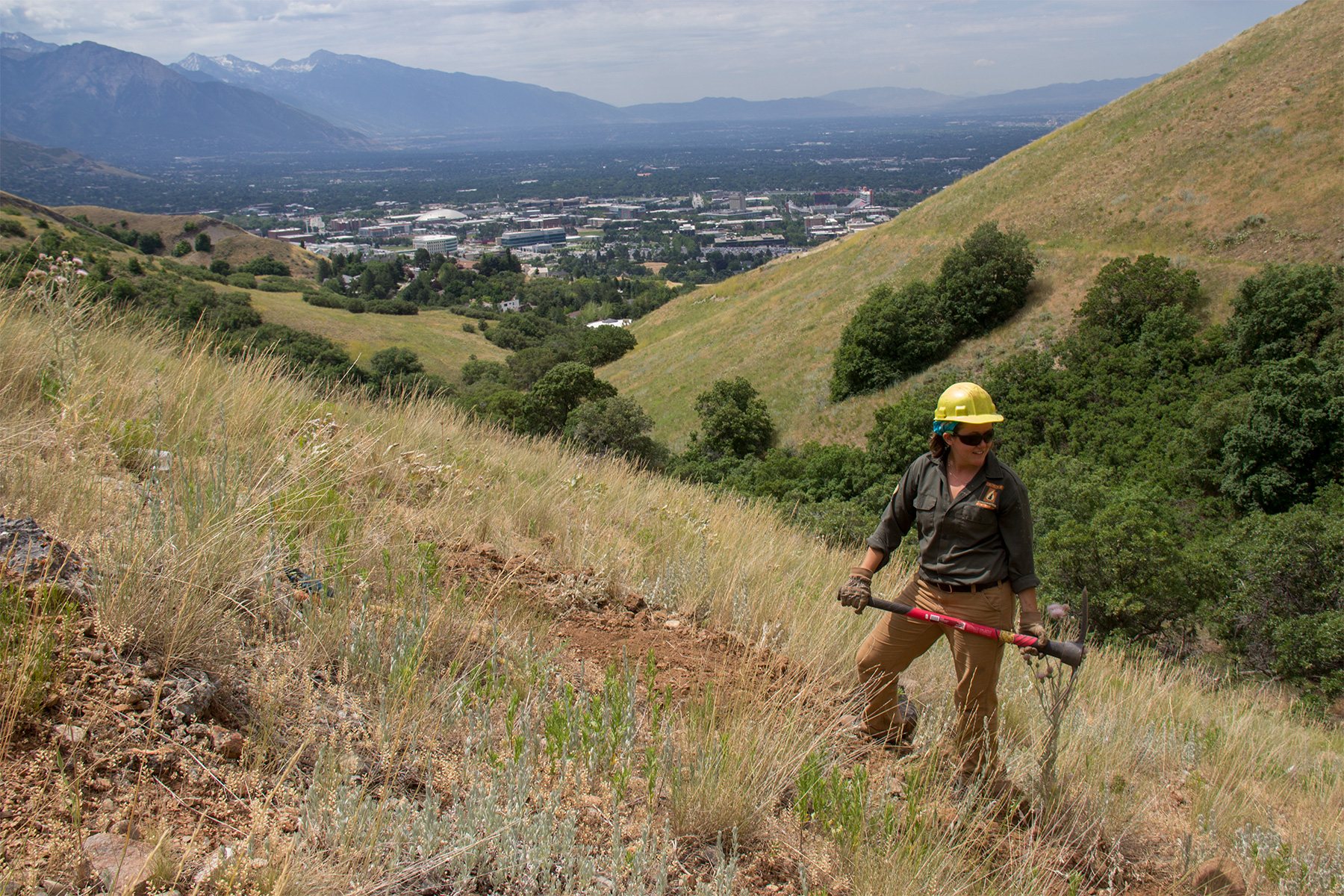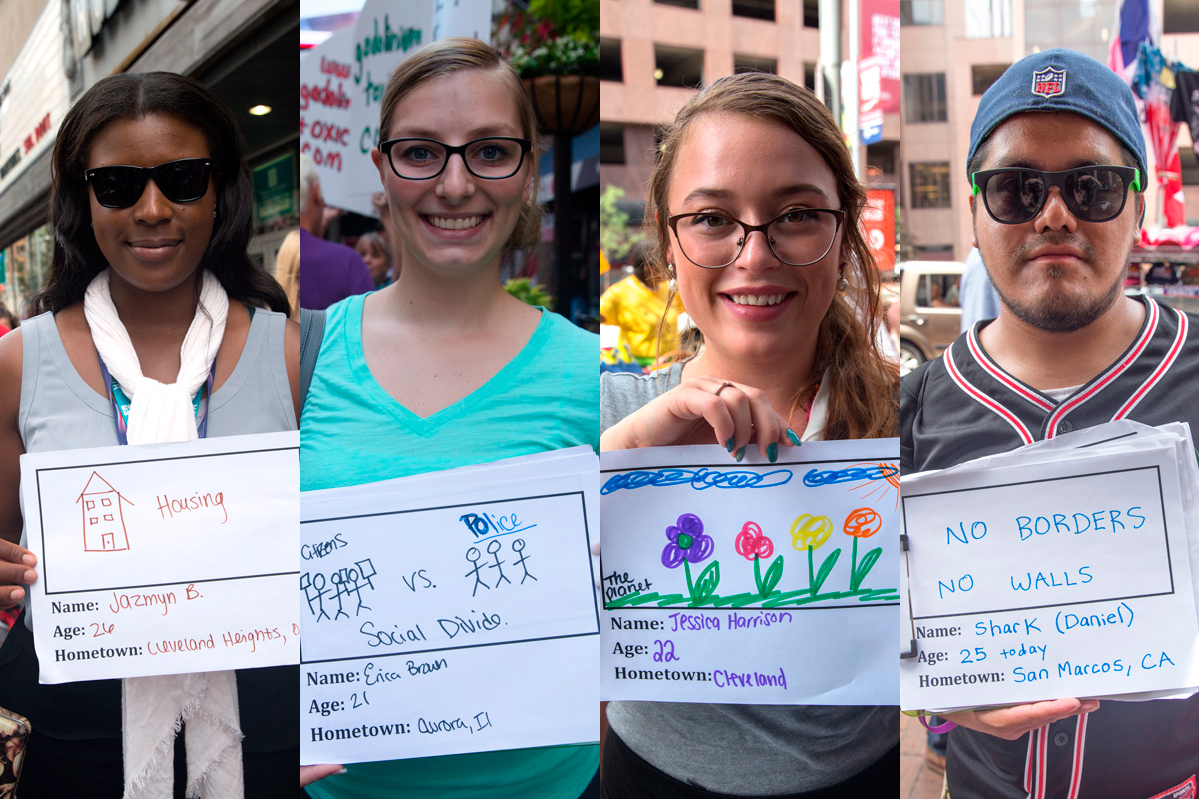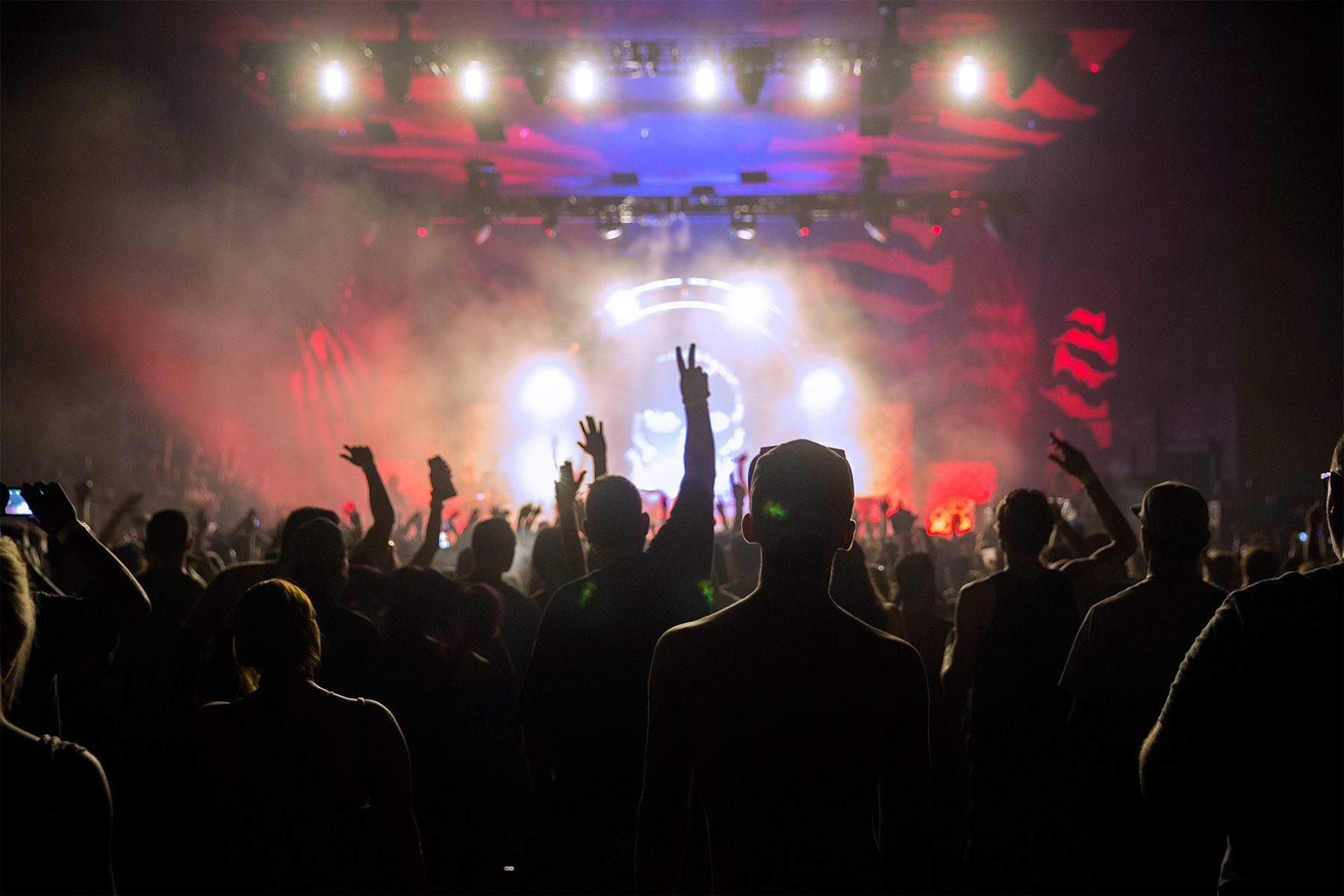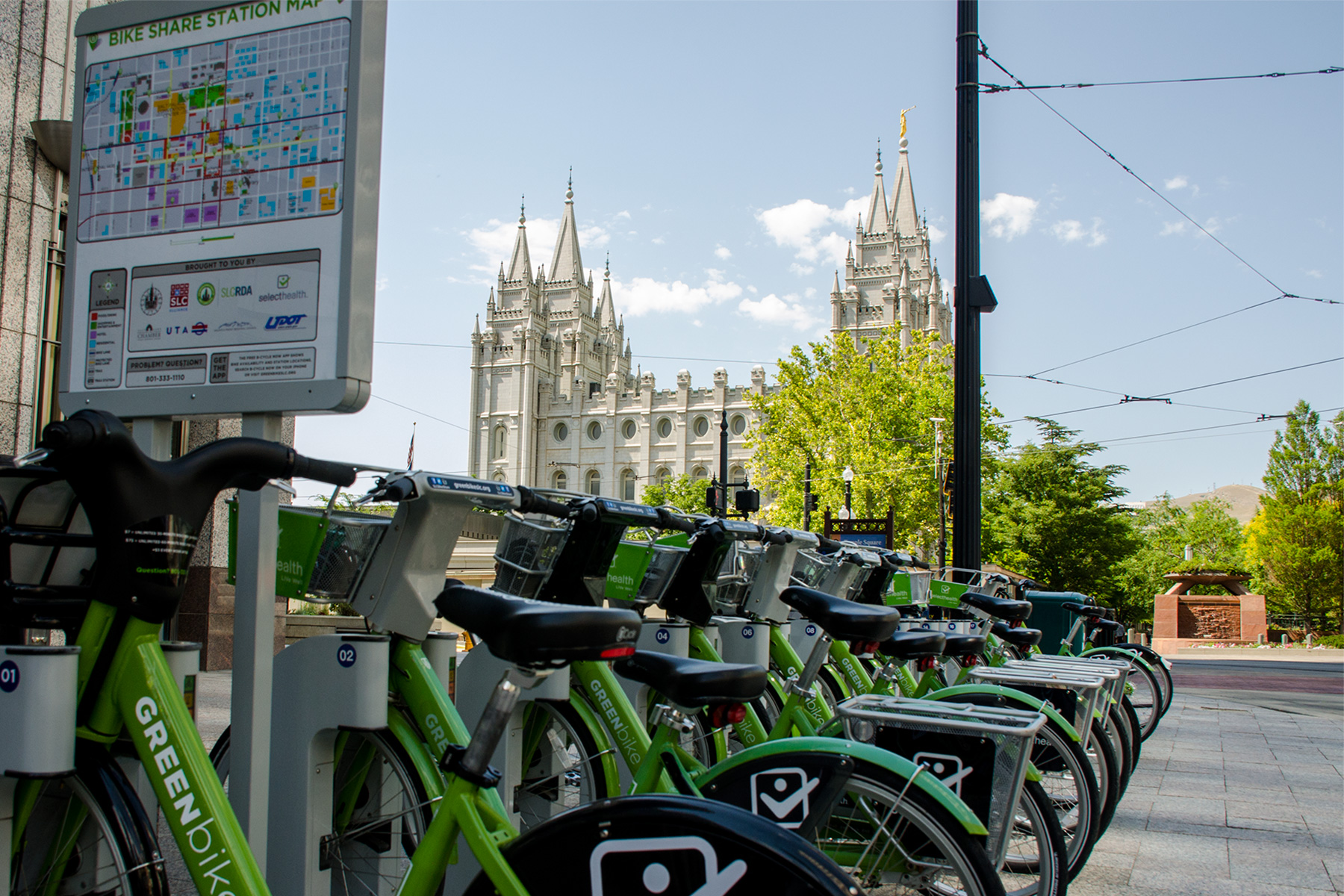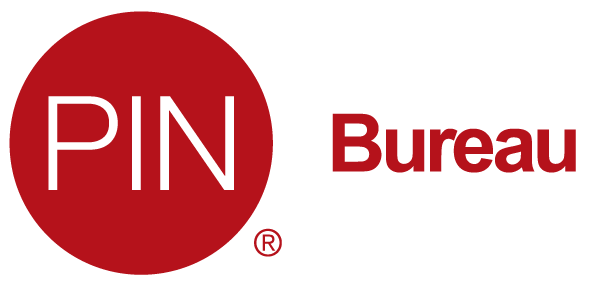Historically, millennials have not shown up to vote. But that does not mean the generation hasn’t influenced political institutions.
The millennial population overtook baby boomers as the largest generation in 2015, according to the U.S. Census Bureau. In Utah, the millennial generation has been larger since at least 2000, according to the Utah Foundation, a public policy research firm.
Salt Lake City is home to the second-highest percentage of 25- to 34-year-olds in the country among major cities – second only to Austin, Texas. And the city’s politics reflect its young population.
The city has long been a left-leaning island in the middle of historically conservative Utah, but the city’s politics are becoming even more progressive – and election data show the liberalism is slowly spreading to nearby counties.
Many young people see volunteerism and grassroots organizations as alternatives to the traditional political process. “The voting booth is not the only place where politics goes on,” said Pamela Perlich, director of demographic research at the Kem C. Gardner Policy Institute. (Produced by Natalie Griffin/News21)
Salt Lake County voted for President Barack Obama in 2008. Last year, Salt Lake City elected an openly lesbian mayor, Jackie Biskupski. And this year, the city rallied around Democratic socialist Bernie Sanders.
Experts said these changes would not have happened without millennials.
“I just can’t imagine that we would have had Mayor Biskupski elected 20 years ago,” said Pamela Perlich, the director of demographic research at the University of Utah’s Kem C. Gardner Policy Institute. “There has been a great change in society as well, on these issues. And it’s a little bit hard to disentangle those, but there are many places in the state where she would not have had a chance.”
The city began to morph during the economic boom of the 1990s. Immigrants came to the city and had kids, and now those kids are reaching voting age. Perlich said young people move to the area to take advantage of planned urban development projects and because Salt Lake City houses the state’s flagship university.
“The place has just become increasingly more progressive, as people from outside of Utah move to Utah,” Perlich said. Millennials come to enjoy nature along with employment and recreational opportunities, she said.
But voting for left-leaning political candidates is not the only way Salt Lake City residents drive change. Residents have pushed for more progressive policies in health care, environmental protections and lesbian, gay, bisexual and transgender issues.
Across the country, millennials’ frustration with the traditional political system has caused them to turn away from it.
Millennials define citizenship not as voting, “but being concerned about other people,” said Russell Dalton, a political science professor at University of California, Irvine, and author of the book “The Good Citizen: How a Younger Generation is Reshaping American Politics.”
They often show that concern by volunteering.
According to an Associated Press poll of 1,044 adults, 29 percent of Americans under the age of 30 agreed that citizens have a “very important obligation” to volunteer. Comparatively, in a 1984 University of Chicago survey of 1,441 adults, only 19 percent agreed.
“Millennials are probably the most involved generation in history in causes and nonprofit endeavors and community involvement,” said Mike Hais, co-author of the book “Millennial Majority: How a New Coalition is Remaking American Politics.” “They do tend to want to think globally and think about global issues and believe that those problems can be solved at the local level rather than depending on huge government programs to try to solve issues.”
And that means they don’t necessarily participate in the traditional political system. Ryan Keating, 33, is a self-described drug policy reform activist and runs a wellness practice in Salt Lake City. Keating travels to Washington, D.C., to lobby politicians for drug policy reform, something he said is often more useful than just backing a candidate.
“People get really angry at me because they say I’m not participating in the system, and I’m like, ‘No, I’m participating in my life,’” Keating said. “I’m standing for people, and I’m standing for getting the most people involved as possible.”
Salt Lake City is just one example of changing national politics, a trend experts say is just beginning to take off across the country. Millennials are not just going through a liberal-leaning, two-party-hating, nonvoting phase. This trend might fade as the generation ages, but millennials will never be as conventional as their parents, Dalton said.
“The old, white baby boomers get old, leave the labor force, eventually die and then, the young generations – which are so profoundly multicultural, multilingual, multiethnic and just have completely different life experiences and sensibilities than baby boomers – are becoming the majority population just through the advance of aging,” Perlich said. “We’re going through a time of really terrific change, really unprecedented.”
Hais predicts that when millennials begin to take office, the hyperpartisan nature of politics will shift to something more compromise driven.
“What we will see is a change in the way things are done politically,” Hais said. “What we see now is terrible gridlock because of that baby boomer division. They can’t see eye to eye, but millennials will be different. Millennial Democrats and millennial Republicans are closer together.”
